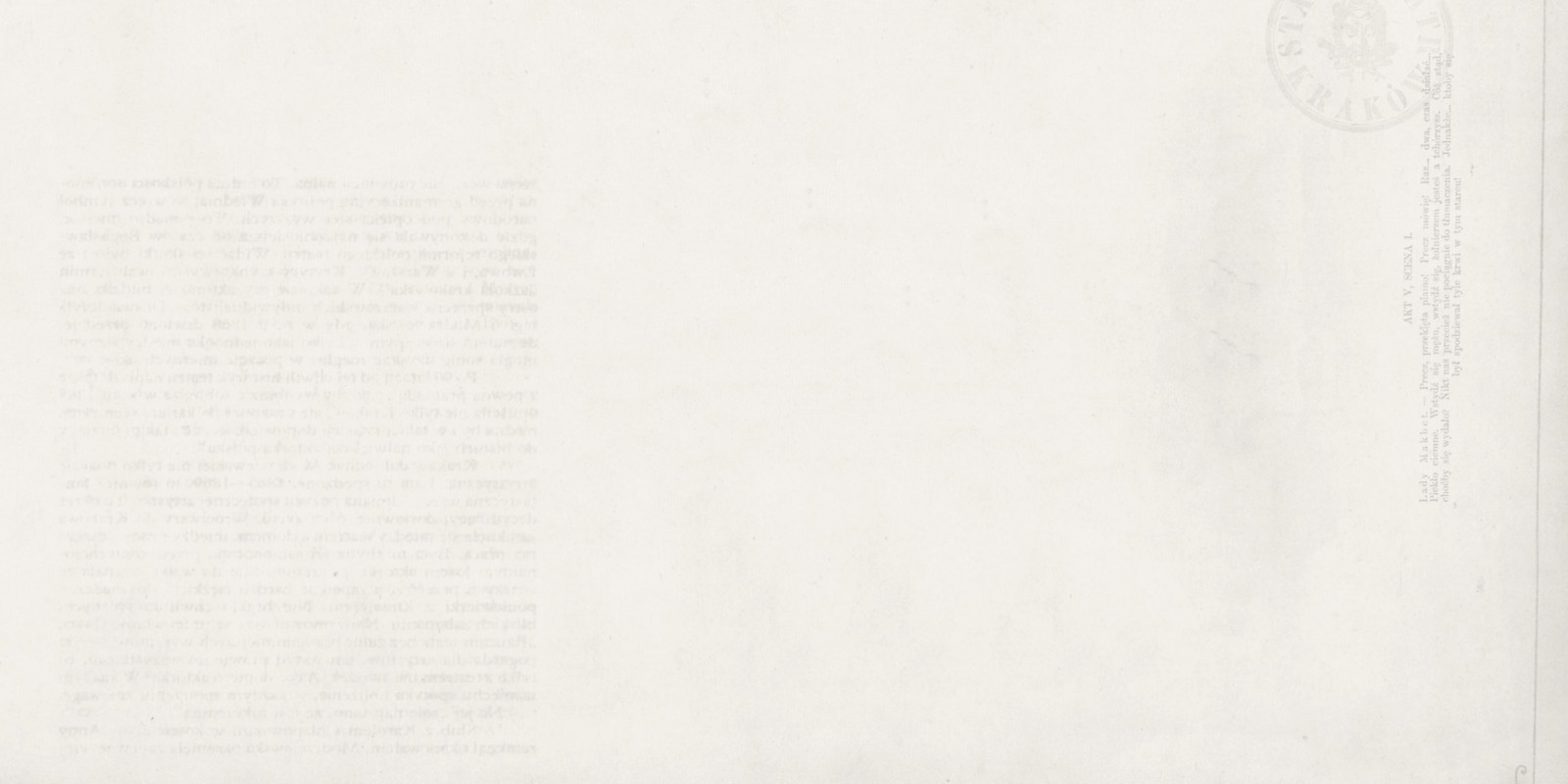
-
Language
and
identityAt the end of the nineteenth century, Jews living in the former Polish lands faced choices that would be decisive for their identity and future. In the case of writers, choosing a language to work in often meant not just picking a literary tradition but also choosing a national identity. -
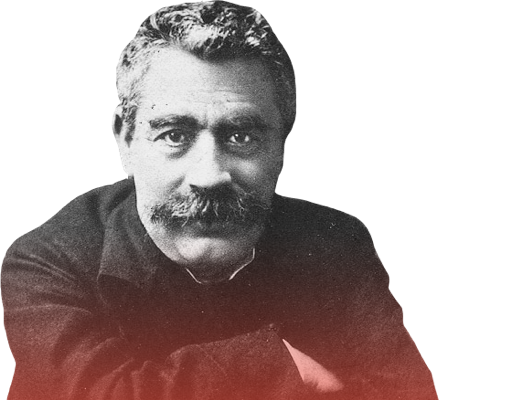
Yitskhok Leybush Peretz
The creator of modern Yiddish literature was born in Zamość in 1852, but spent most of his life in Warsaw. He portrays traditional Jewish society and the Hassidic community as they face new challenges.
-
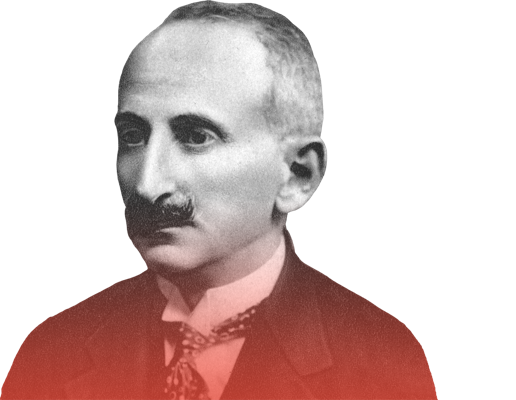
Bolesław Leśmian
Born in Warsaw in 1877. As one of the most original Polish poets, he created a whole world of his own in the Polish language, with inventive word-coinages and inspirations drawn from Slavic mythology and folk themes.
-
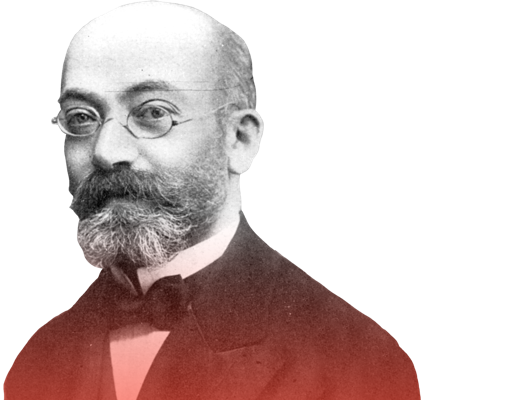
Ludwik Zamenhof
Born in Białystok, Zamenhof created the artificial language Esperanto and a textbook in 1887, hoping to help end conflicts by helping nations understand one another better. He criticized all forms of nationalism.
-
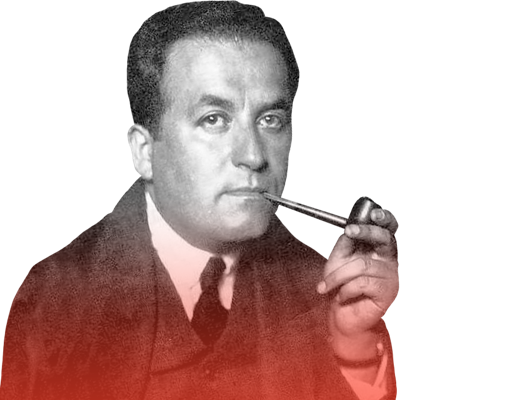
Samuel Agnon
An Israeli writer, born in Buczacz in Galicia. He wrote first in Yiddish, then later in Hebrew. In 1907 he was among the pioneers emigrating from Galicia to Palestine. In 1966 he won the Nobel Prize for literature.